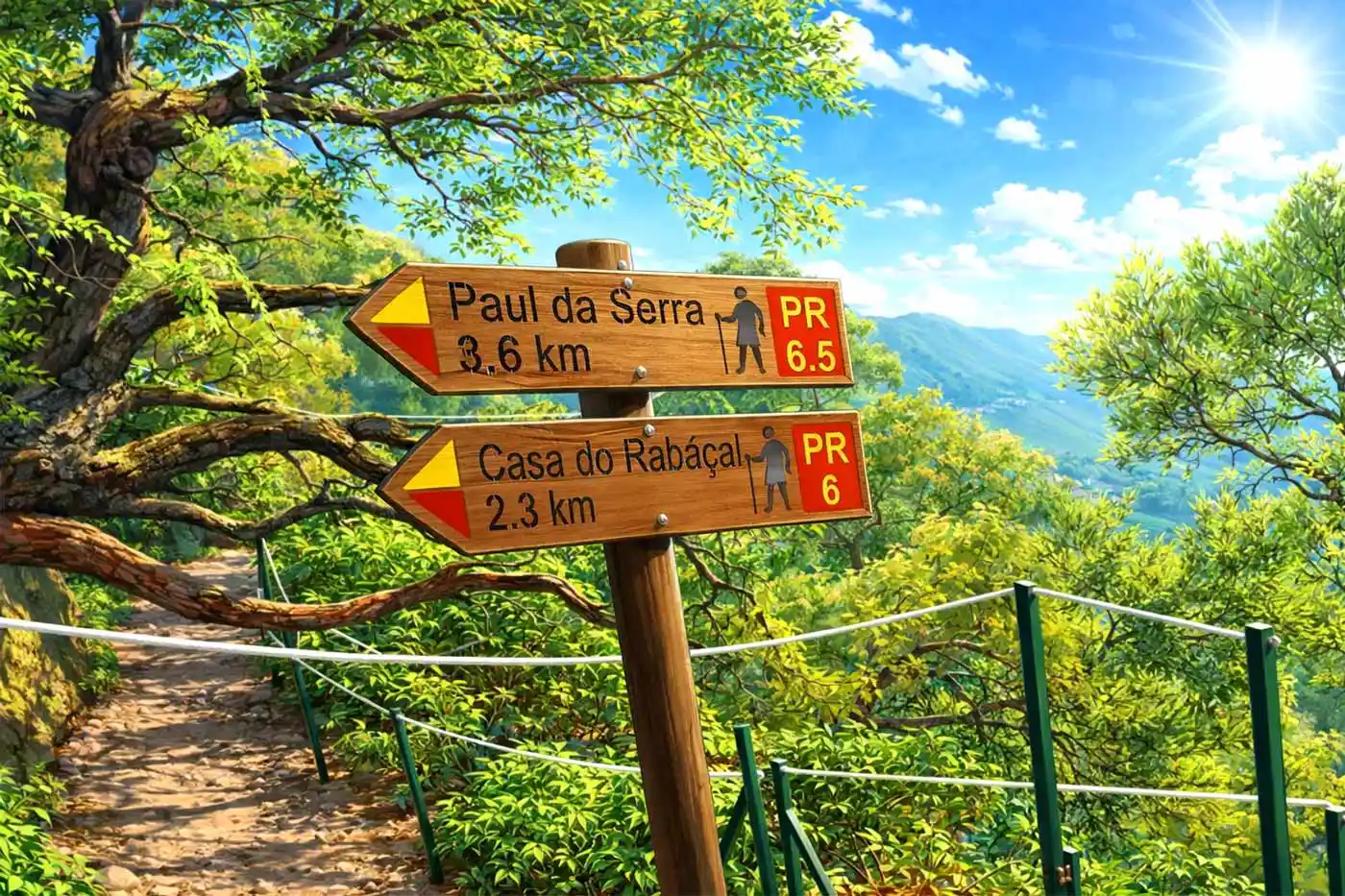Not A Resident? You Can be Charged For Air Rescues
The Regional Civil Protection Service of Madeira has introduced new regulations requiring non-resident tourists to pay for helicopter rescue services. These charges apply when tourists are found in closed or unclassified hiking areas. The measure does not affect Madeira residents, who remain exempt as long as they present a resident identification card available through the Simplifica platform.
Helicopter Rescue Costs Can Easily Exceed €1,000
Under the new rules, activating a helicopter rescue will cost a base fee of €753.25. Additional charges include €105 per rescue team member - usually two are required - and €7.50 for every minute of flight. This pricing structure makes it unlikely for any rescue to cost less than €1,000.
From now on, this service will be charged to non-resident citizens, provided they are on unclassified hiking paths or, if the paths are classified, that they are closed. Madeiran residents are exempt from paying this fee, as long as they present the "resident card," available through the Simplifica platform.
Long-Delayed Regulation Now in Effect
The regulation, which has been under review since Madeira acquired its medium-sized rescue helicopter and supporting equipment in late 2022, was officially implemented after months of internal evaluation. Discussions around how to structure fees were ongoing as of April 2023, with no immediate commitment to a specific payment model at that time.
Controversy Surrounding Tourist Fees
The decision to impose charges on non-residents has raised questions about fairness and its impact on Madeira's reputation as a safe destination for outdoor enthusiasts. Critics argue that the high fees might deter tourists from visiting or hiking in the region, while supporters believe the policy is a necessary step to cover the high costs of emergency rescues. As the rules take effect, the focus will likely shift to their impact on tourism and the practicalities of enforcement in remote hiking locations.
Source: Diário de Notícias da Madeira






Comments